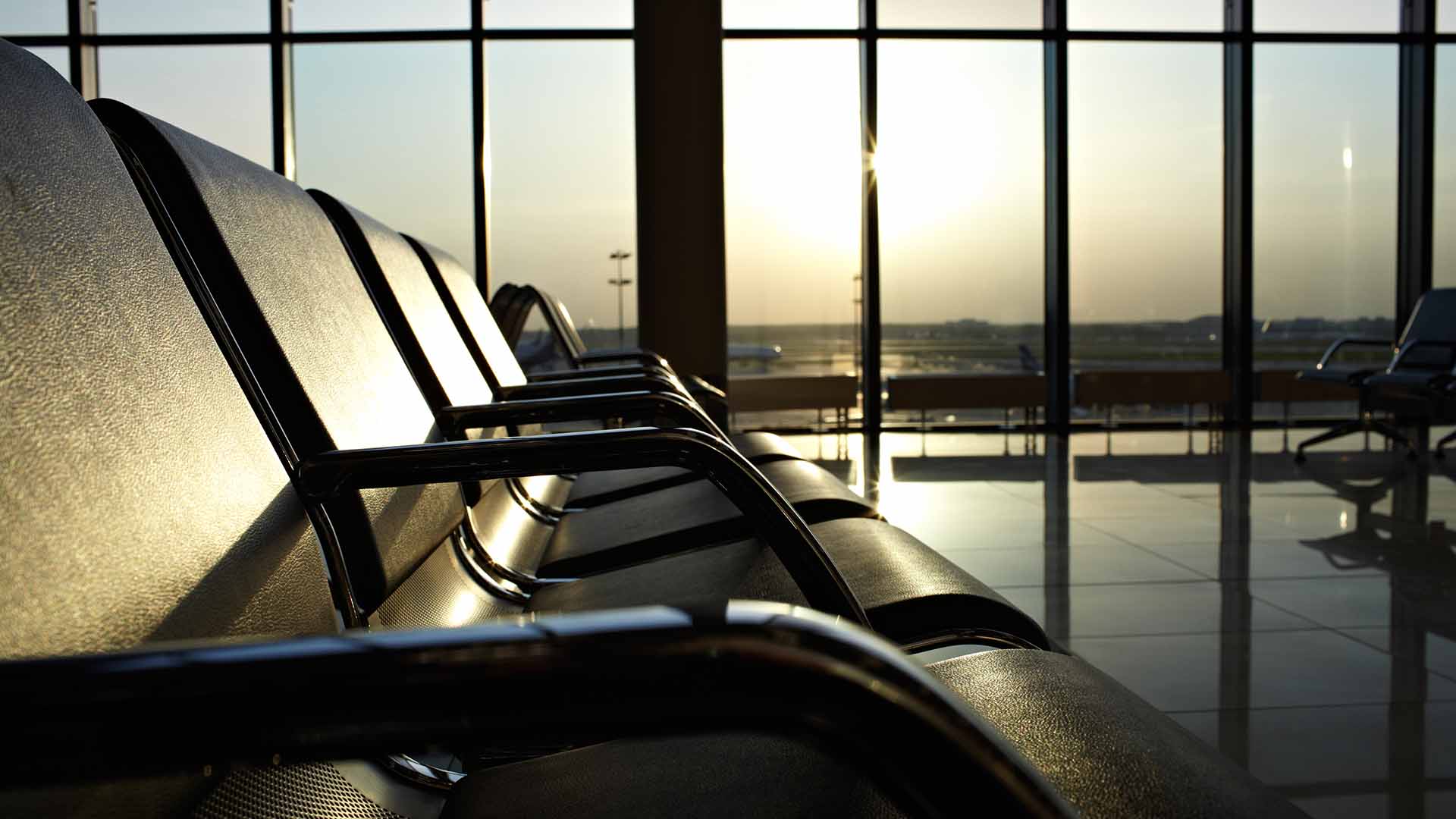It pains to see thousands of Overseas Filipino Workers (OFWs) trapped in quarantine facilities, many of them have stayed for almost two months in isolation hubs with no definite time for release due to the delay in their COVID-19 results. Their situation is so unfortunate that mental stress has taken a toll on a 42-year old OFW from Kuwait who committed suicide last April 26 in a quarantine facility in Metro Manila.
As of May 21, about 27,000 repatriated OFWs were in different isolation hubs in Metro Manila. Another 42,000 is expected to arrive until June.
But worse than this mandatory quarantine is a grimmer scenario for OFWs once they go home to their families. With no end in sight to this pandemic, how long can they return to work abroad?
A different crisis
Our status as a middle class family was a product of 12 years of hard work, resilience, and industry of my father, a former OFW in Saudi Arabia. He left the Philippines in 1986 when our economy suffered from an economic crisis.
I could still recall the Gulf War in 1991. I was in first year high school at that time so watching news with my mother was a regular activity. While hundreds of OFWs were repatriated, my father was not allowed to go home because his work with a cargo company was essential. He said that many Filipinos suffered from nervous breakdown due to the incessant sounds of sirens, gunfire, and even bombs. The war lasted for only six months so OFWs eventually returned to work.
The next meltdown after the Gulf War was the global financial in 2008. At that time, my only sibling was employed in Singapore as a university professor. Our family was not affected in any way by the financial crisis.
After two generations of OFWs in my immediate family, all of us are now employed locally. But I have first cousins who work abroad until now, three are nurses while one is a seafarer who is still in a quarantine facility. We can only pray for their safety.
When the recession hit the country in the early ‘80s, OFW remittances kept the economy afloat. The Gulf war only lasted for half a year and only affected OFWs in the Middle East.
During the global financial crisis in 2008, affected OFWs like engineers deskilled themselves to become electricians so they continued earning. Eventually, the US and other countries affected by the financial meltdown, bounced back after three years.
COVID-19 is a different crisis that immediately paralyzed economies worldwide forcing OFWs to return home, many of them like seafarers, do not have any idea when they will board ships again.
Financials
Similar to middle class families working locally, OFWs also belong to different income tiers – lower middle income, middle middle class, and upper middle income. But of course, there are rich OFW families. But let’s focus on our friends and families who are devastated by this pandemic.
Overseas remittances contribute to domestic spending in education, household necessities primarily food, real estate investments, savings and other investments, medical expenses, and emergencies.
In this pandemic, some of the badly-hit industries worldwide are OFW havens like tourism, retail, leisure and hospitality.
My dance fitness friend Yesha based in Qatar has not been paid salary since her gym closed last March but she is still thankful to her employer who gives her 250 Dirhams or about P3,000 for food every month. Yesha is determined not to go home believing that the situation here is worse. But she is worried that she has not been able to send money for her two kids at home.
My cousin Dingdong, a luxury cruise ship staff, was on vacation when the lockdown was implemented. He was supposed to board last April 20. With five kids to support and dwindling funds, Dingdong is thinking of cashing-in his mutual fund investments. I advised him that this may not be a good time since the market is down. Instead, he should take-out a loan from SSS, OWWA and Pag-Ibig to benefit from his more than 20 years of contributions. Dingdong has always been prudent in his finances that he has never taken out a loan before. This will be his first time.
My other cousin Grace, also a luxury cruise crew, failed to board her ship in April. A single mother with a two-year old, Grace used her savings as capital for selling fruits and vegetables. We admire her resiliency and courage in these difficult times. She also applied for government subsidy in April but until now has not received any cash aid.
Some of my cousins, mostly frontliners, are not allowed to return home. Winston continues to battle COVID-19 with other nurses in his hospital in Saudi Arabia. In his facebook posts, we could sense his loneliness and stress and his wife and kids could only comfort him thru virtual hugs and kisses.
As of this writing, government has stepped up efforts to fast-track the release of results of COVID-19 tests among OFWs in isolation hubs, and transport them to their homes or provinces. Every hour away from their families is heartbreaking. So near and yet so far.







